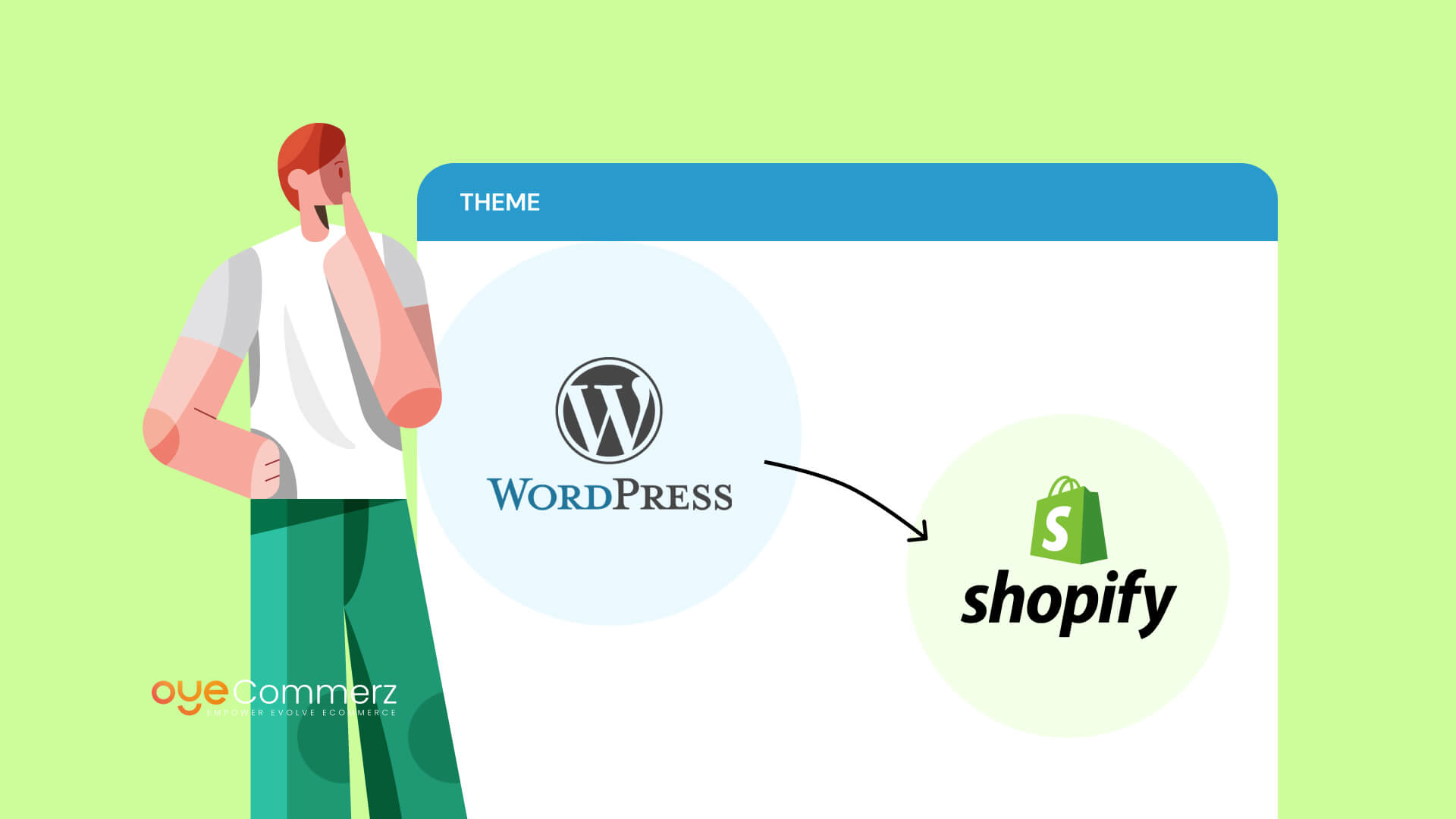In the constantly changing landscape of digital commerce, picking the optimal solution is vital for your company’s growth. If you’re presently using WordPress and considering a migration to Shopify, you’re not alone. Many businesses are switching to utilize Shopify’s comprehensive capabilities, user-friendliness, and scalability. This guide will walk you through the process of migrating from WP to Shopify effortlessly, ensuring that you unlock your online retail potential.
Why Switch from WordPress to Shopify?
Ahead of starting the migration procedure, it’s crucial to realize why this shift can be beneficial for your online store:
Accessible Tools: Shopify features an intuitive interface that makes easier store handling, making it easier for non-technical users.
Scalability: As your brand develops, Shopify can support increased traffic and transactions without sacrificing speed.
Integrated Features: Shopify comes with pre-installed resources for search engine optimization, analytics, payment handling, and much more, eliminating the need for several plugins.
Enhanced Security: With Shopify, you get access to advanced security measures that secure critical customer information.
Steps for a Seamless Migration
Migrating your eCommerce site from WordPress to Shopify includes multiple steps.
Here’s the way to achieve a smooth transition:
Prepare Your Migration Plan
Begin by drafting your migration strategy. Pinpoint which elements of your current site you want to migrate, such as:
Product data
User details
Order history
Articles
Select the Right Migration Solution
Depending on your preferences, opt for a migration package that suits your eCommerce goals. Professional services offers various choices:
Basic Migration Package: Perfect for boutique stores with minimal products.
Standard Migration Package: Appropriate for medium-sized businesses with intermediate demands.
Advanced Plan: Excellent for high-volume stores requiring custom customization.
Secure Your Data
Prior to beginning the migration, guarantee that you have a complete archive of your WP site. This step is critical in case anything goes eCommerce migration guide wrong during the migration.
Export Your Data from WordPress
Use tools or manual methods to extract key information from your WP site:
Inventory
Clients
Sales records
Content pieces
Migrate Data into Shopify
When you have your content exported, use Shopify’s import tools or external apps to upload your data into your new store. Verify that all content is accurately organized and aligned.
Adapt Your Shopify Site
After uploading information, adjust your Shopify site’s theme to align with your business goals. Think about working with a developer if you need complex customization.
Configure TransactionOptions and Delivery Settings
Configure transaction methods and logistics options in Shopify to create a user-friendly transaction experience for customers.
Implement SEO Best Practices
To maintain your search engine rankings during the transition:
Implement 301 URL mappings from previous URLs to new ones.
Update meta tags.
Optimize media and text for search engines.
Test Your New Store
Ahead of going live, thoroughly test your migrated site. Identify any discrepancies, checkout failures, or incomplete files.
Go Live Your Site
Once everything is in ready, it’s time to publish! scalable eCommerce solutions Inform the change to your clients and encourage them to explore the enhanced capabilities of your Shopify store.
Post-Migration Support
Even after releasing your updated store, continued support is essential. Explore working with experts who can assist with:
Technical support
Marketing strategies
Performance optimization
Conclusion
Migrating from WP to this platform can be a transformative step for your digital business. By using this guide and leveraging tools like those offered by dedicated providers, you can achieve a smooth transition that boosts your online presence. Adapt to the change and realize the potential of Shopify today!
